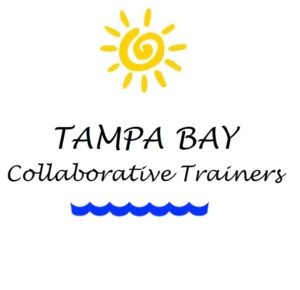One of the great things about collaborative law is that families are not handcuffed by the over-scheduled dockets of judges, nor are they bound by the confines of the overcrowded courthouse. This provides families and professionals with a lot of freedom on how, when, and where they make long-lasting decisions and resolve disputes.
Still, it can sometimes be daunting to organize meetings around the busy lives of spouses and practitioners. Here are four tools to help communication in collaborative cases, and the best part is that do not cost a dime.
Doodle
One of the toughest initial tasks of any collaborative divorce case is to find a time that works for all of the professionals to plan out how to best help out the family. Similarly, carving a time that also works for both spouses for the first full team meeting adds two more calendars to consider.

Fortunately, Doodle provides an easy and free way to help coordinate schedules. Simply go to their website, provide some basic information such as title for the event, location, description, your name, and your e-mail address, and then fill out a grid for all of the proposed dates and times of your meeting. Next, provide the e-mail addresses of the people with whom you need to schedule, and Doodle will send out a message inviting everyone to fill out the grid. Every time someone responds, you will get a notification, and Doodle will indicate the date(s) and time(s) that works best for everyone. If no time and date works for everyone, simply create another Doodle.
FreeConferenceCall.com
I have found that in person meetings are generally the best way to communicate in collaborative cases. However, in person meetings are not always possible, and sometimes they are not desirable.
Read more →




